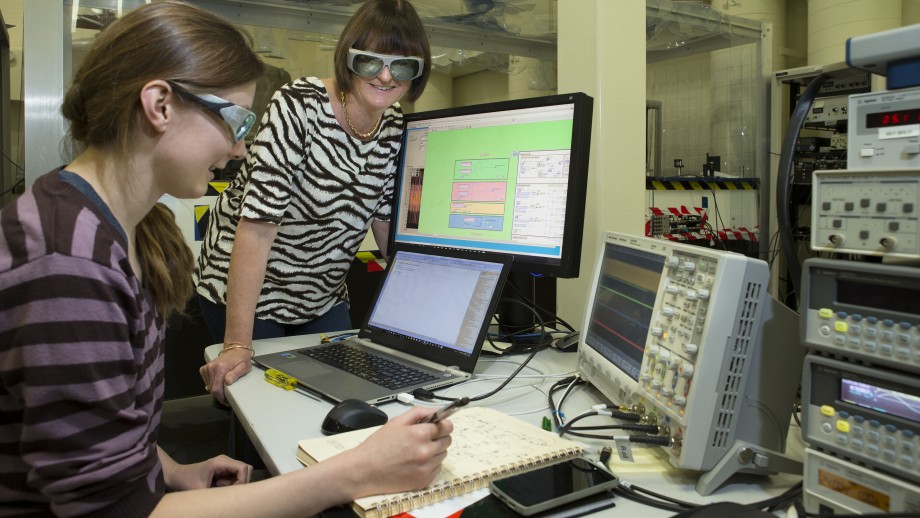Gravitational Wave team shares in Breakthrough Prize
ANU physicists are among the team that has won the $3 million Special Breakthrough Prize in Fundamental Physics for the first detection of gravitational waves.
Thirteen ANU physicists shared the prize, which was awarded to 1,014 people from the Laser Interferometer Gravitational-Wave Observatory (LIGO) and its sister experiment, the Virgo Collaboration, who contributed to the discovery of gravitational waves in September 2015.
"It's been a 30-year effort and to have everyone recognised is really special," said Professor Susan Scott, from ANU.
"We all know individual the roles we played, and if we didn't have everyone that we've had in the collaboration we couldn't have achieved what we've done."
Gravitational waves are ripples in space and time caused by the most violent events in the Universe. They were predicted by Einstein's Theory of General Relativity in 1915, but Einstein himself thought they would be too small for humans to detect.
However the LIGO collaboration successfully detected a gravitational wave caused by a collision between two black holes 1.3 billion light years away with two four-kilometre long experiments at either end of the United States. By the time the wave reached the Earth, it had faded to be so small that it moved the two sets of LIGO detectors only one ten thousandth of the diameter of a proton.
The three founders of LIGO, Ronald W. P. Drever (Caltech), Kip S. Thorne (Caltech) and Rainer Weiss, MIT will share $1 million of the prize money, while the remaining $2 million will be shared equally between the other 1,012 contributors.
The ANU physicists involved were Paul Altin, Jong Chow, Georgia Mansell, David McClelland, David McManus, Thanh Nguyen, David Rabeling, Susan Scott, Daniel Shaddock, Bram Slagmolen, Andrew Wade, Rob Ward and Min Yap.
The laureates will be recognised at the 2017 Breakthrough Prize ceremony later this year in the United States, where the annual Breakthrough Prize in Fundamental Physics (distinct from the special prize) will also be presented, along with the Breakthrough Prizes in Life Sciences and Mathematics.

